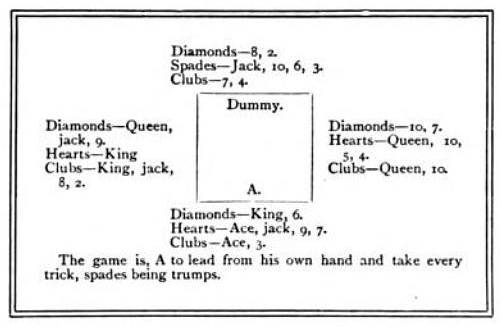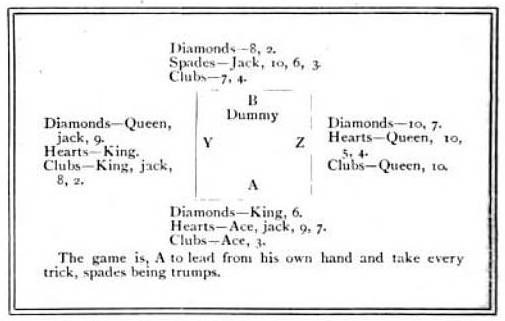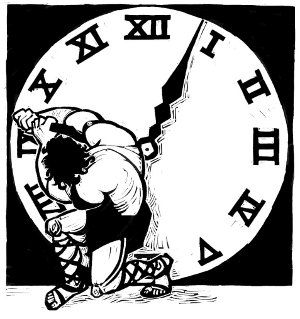Douglas MacArthur’s mother dressed him in skirts, blouses, and bows and kept his hair in curls until he was 8 years old. Franklin Roosevelt wore shoulder-length blond curls and short skirts, “as he liked to kick and feel free to move about.”
Rainer Maria Rilke’s mother, who had lost a daughter the year before he was born, baptized her son René Maria, dressed him as a girl, and arranged his hair in curls until he was 5.
“I had to wear beautiful long dresses,” he recalled later, “and until I started school I went about like a little girl. I think my mother played with me as though I were a big doll.”




